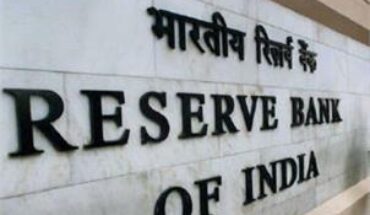New Delhi : Ahead of the meeting of the GST Council,ASSOCHAM has made a strong case for making GST paid on expenses on the Initial Public Offerings (IPOs) eligible for input tax credit ,stating such an option is permissible under the GST Act.
” GST paid on expenses towards IPOs are eligible for input tax credit, being expenses used in the course or furtherance of business,” the chamber said in a comprehensive note submitted to the GST Council. It said a circular to this effect should be issued.
The apex industry organisation, after wider consultations with the stakeholders, said ”The only provision which will be applicable to ITC on goods and services used for IPOs shall be Section 16(1) of the CGST Act, 2017. This section permits companies to take ITC on goods and services used in or intended to be used in the course or furtherance of business”.
ASSOCHAM Secretary General Deepak Sood said, ”IPOs have played a major role in raising equity capital for the companies , strengthening their balance sheets in the process. We would urge upon the GST Council to encourage companies to tap a vibrant capital market for expansion of their businesses and deleverage themselves”.
In another recommendation to the council, ASSOCHAM said the Employee Stock Options (ESOPs) are key incentives to promote and retain talents in the corporates, especially amongst the start-ups. Thus,the ESOPs should be kept out of the GST dispensation as these are ” in nature of securities”.
The chamber also sought clarification stating that Corporate Guarantees or Director’s Personal Guarantees issued for borrowing or letter of comfort for performance for group companies, should not be liable to GST. It said a transaction of corporate guarantee does not benefit the guarantor in any manner, but is only an act of safeguarding the interest of the group as a whole akin to a shareholder function. Hence, deeming such transactions as deemed supply and levying them to GST would result in a scenario where every act between related parties, though without consideration, would be liable to GST.
The other recommendations include rationalisation of levy of GST on intercompany cross charge and rationalising penalty provisions.






